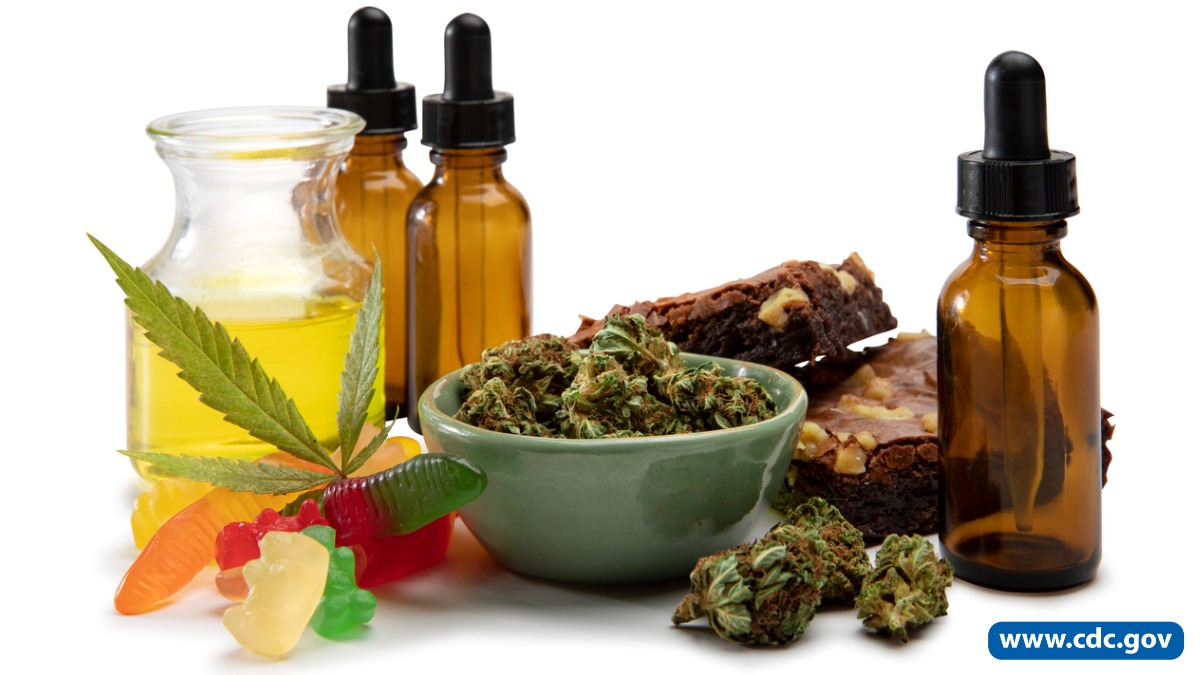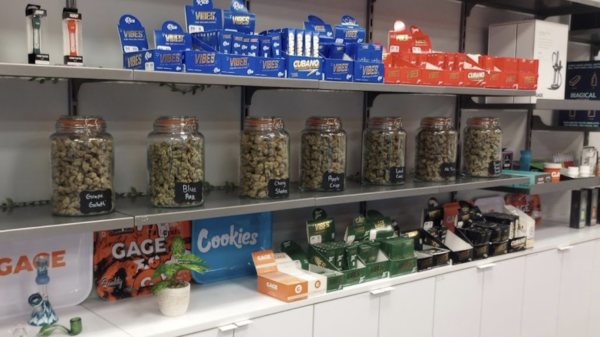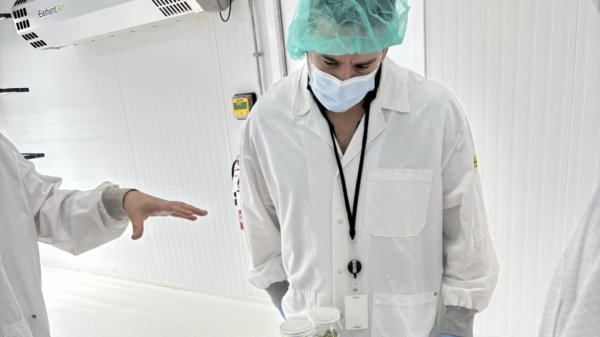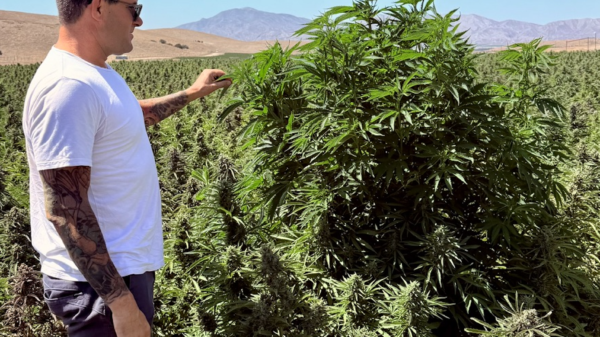Delta-8 THC may be better at treating some health conditions than delta-9 THC because it causes fewer adverse reactions associated with cannabis, such as anxiety and paranoia.
That’s according to a recent study published in the journal Cannabis and Cannabinoid Research that suggests delta-8-THC is a better option in terms of harm reduction than its popular THC molecular relative.
In many states where cannabis is illegal, delta-8 THC products have been sold as a way to get around the law, which has led to major U.S. agencies issuing health warnings about the substance. But researchers say there’s not enough science.
“Delta-8 THC appears to have similar therapeutic benefits to delta-9 THC, less of the cognitive distortions, and far less of the distressing experiences,” study co-author Daniel Kruger tells Mugglehead in an email.
Read more: US CDC and FDA issue warnings on delta-8 THC
Read more: US Senate drug caucus calls for more cannabis research
“We need more research to confirm this pattern, such as a fully blinded randomized trial with both delta-8 THC and delta-9 THC, but the results suggest that switching to delta-8 THC could be an effective harm-reduction practice, especially for those who are using cannabis medicinally,” he explains.
In the study, researchers at the University of Michigan found that participants considered delta-8 THC superior to pharmaceutical drugs for treating some of their health conditions in terms of adverse effects, addictiveness, withdrawal symptoms, effectiveness, safety, availability and cost.
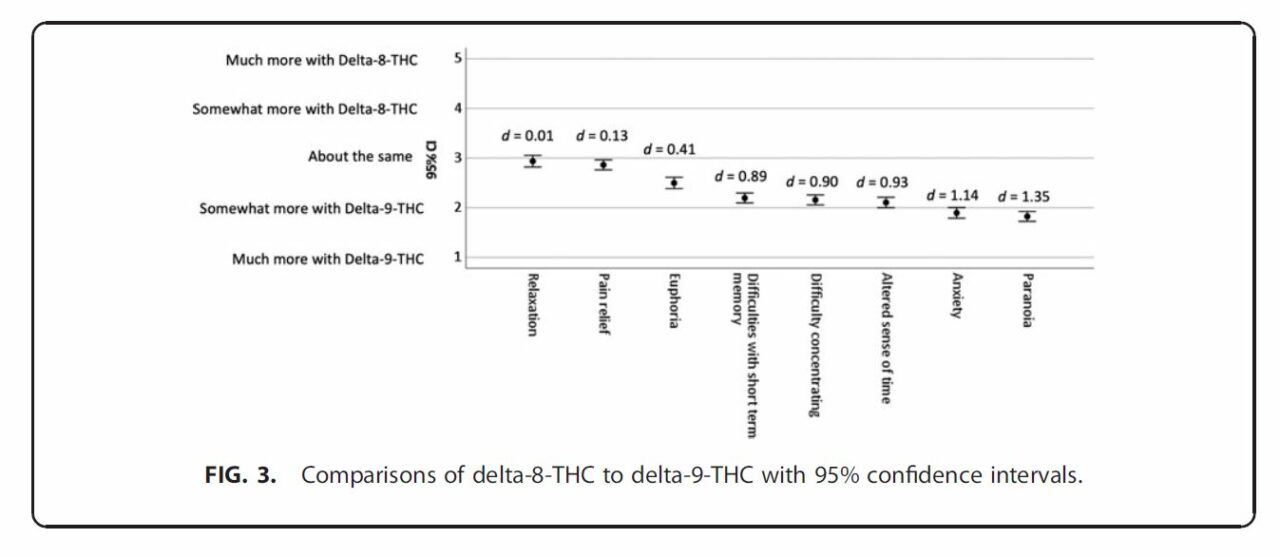
Subjects rated both molecules as similarly effective in treating certain conditions, but associated delta-9 THC with more side effects. Chart via ‘Consumer Experiences with Delta-8-THC:Medical Use, Pharmaceutical Substitution, and Comparisons with Delta-9 THC’
Delta-8 THC has less affinity for some cannabinoid receptors than delta-9 THC
Delta-8 THC is a chemical analog of delta-9 THC, but it’s reportedly less potent. Some other studies show it has less affinity for the CB1 receptor, which would make it less psychoactive.
Participants in the study most commonly reported using edibles or concentrates with delta-8 THC to help with anxiety, panic attacks, chronic pain, depression and stress. Half of the participants said they used delta-8 THC to treat sleep or insomnia, and most of them consumed it via edibles or concentrates rather than smoking it.
Nearly half of participants reported that they didn’t feel confident in their health care provider’s ability to integrate medical cannabis into their treatment.
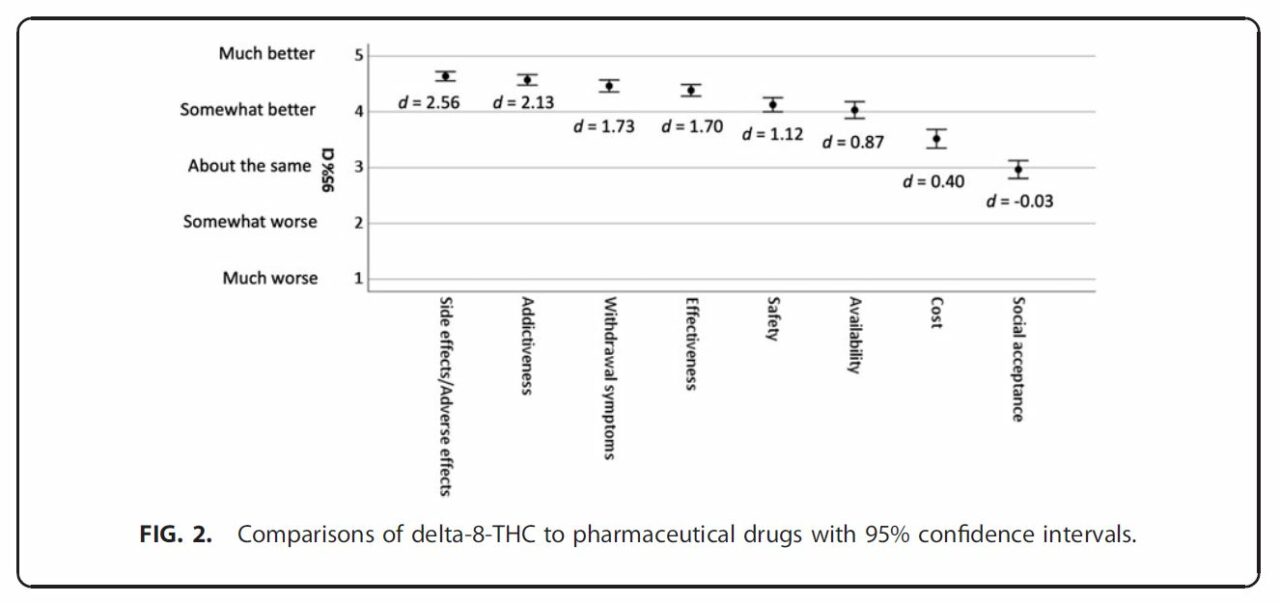
Subjects rated delta-8 THC more favourably than pharmaceutical drugs
For the study, researchers partnered with delta-8-THC and CBD manufacturer Bison Botanics to recruit participants for the study.
Data were collected between June 12 and Aug. 12 using a 53-item questionnaire asking about their experiences with delta-8 THC, how they took the substance, reasons for use and how they compared it to pharmaceuticals.
Five hundred twenty-one people completed the surveys, from New York (29 per cent), Texas (8 per cent), North Carolina (8 per cent), Pennsylvania (6 per cent) and Georgia (5 per cent).
Around 90 per cent of participants lived in states where delta-9 THC cannabis products were not yet legally available for adult use.
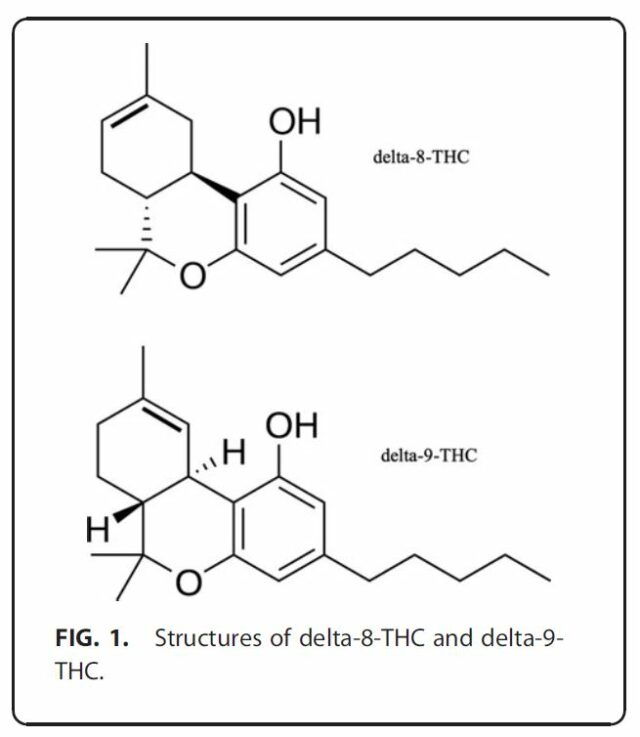
Delta-8 THC has been informally called ‘diet THC’ or THC lite’
The United States Food and Drug Administration (FDA) recently issued warnings about delta-8 THC causing adverse reactions such as hallucinations, vomiting and loss of consciousness.
“Some delta-8 THC products have been found to have contaminants and substantial (and sometimes illegal) levels of delta-9 THC,” Kruger explains.
He says there needs to be systematic regulation, including independent testing of products and informative labeling, given that overdosing with delta-9 THC is also common.
“All policies and practices should be informed by empirical evidence. Many officials also cited the lack of research on delta-8 THC, which we are helping to address.”
As of early 2021, delta-8 THC has been one of the fastest-growing products derived from hemp. It’s normally sold as an alternative in areas where cannabis containing delta-9 THC is illegal, but a number of states have moved to ban it.
Read more: Toxic metals are leaching into cannabis oil cartridges and users may be inhaling them, study shows
Read more: Members of Slipknot and GWAR make weed industry debuts
In an article this week, lawyer Bryan Johnson called the molecule’s legality “muddy” since delta-8 doesn’t naturally occur in large amounts in hemp plants.
He notes that the workaround to this is to convert CBD or delta-9 THC into delta-8 THC synthetically, which is illegal.
“And whether delta-8 THC is legal at the federal level may be something of an open question, those manufacturing, distributing and selling the substance must be mindful of the potential for litigation and civil exposure due to the lack of regulatory oversight, limited laboratory testing and the omnipresent possibility of product toxicity.”
Follow Natalia Buendia Calvillo on Twitter
natalia@mugglehead.com

